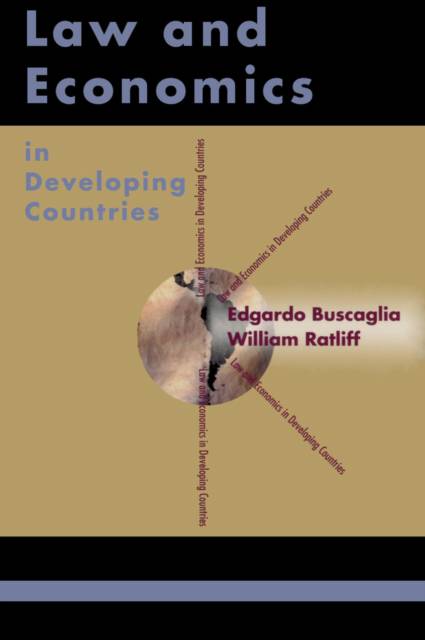
- Retrait gratuit dans votre magasin Club
- 7.000.000 titres dans notre catalogue
- Payer en toute sécurité
- Toujours un magasin près de chez vous
- Retrait gratuit dans votre magasin Club
- 7.000.0000 titres dans notre catalogue
- Payer en toute sécurité
- Toujours un magasin près de chez vous
Description
This book focuses on the critical link between legal/judicial systems and successful reform of political and economic institutions and practices in developing countries. The authors demonstrate that poverty is in large part the result of laws, judiciaries, and other legal mechanisms that fail to promote the generation of wealth by all citizens in the private sector. They note the main substantive and procedural legal factors that developing nations must address. Using empirical studies conducted on several continents, they make realistic recommendations for legal and judicial reforms that have been implemented and shown to promote economic efficiency, development, better governance, and general well-being. The book is intended for the general informed reader as well as for policymakers in governments and civil society.
Spécifications
Parties prenantes
- Auteur(s) :
- Editeur:
Contenu
- Nombre de pages :
- 126
- Langue:
- Anglais
- Collection :
Caractéristiques
- EAN:
- 9780817997724
- Date de parution :
- 11-08-00
- Format:
- Livre broché
- Format numérique:
- Trade paperback (VS)
- Dimensions :
- 145 mm x 230 mm
- Poids :
- 235 g







